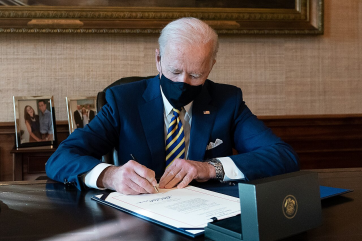The People's Bank of China prohibited its financial institutions from trading Bitcoins on Thursday, driving prices down $158.50 per coin, from as high as $1,138.58 to $980, USA Today reported. Prices for the virtual currency are constantly changing, however, so the true impacts of China's decision may not yet be fully realized.
Still, China's announcement -- and their status as one of the leading markets for Bitcoins -- puts a damper on the company's recent surge; at last month's U.S. Senate hearing, officials declared the online economy potentially beneficial for the financial system, according to the New York Times. With the backing of the United States, Bitcoin values spiked past $1,100 and its overall value climbed to $11 billion. For some perspective, they were trading at just over $300 a piece the last time University Herald covered them on Nov. 8, just before the hearing. Many companies and even a university in Australia now accept them as legal payment, according to the Times.
Like China, however, American regulatory officials expressed concern over the criminal potential of Bitcoin technology and networks like it. China's central bank also questioned the veracity of the virtual money, calling it a currency without real "meaning" and a "virtual commodity that does not share the same legal status of a currency" and should not "be circulated or used in the marketplace as a currency," the Times reported.
The strengths of Bitcoin, or rather, what's appealing about Bitcoin, are the same things that have officials concerned. Payments are completely anonymous, giving users the freedom to make any online purchase without fear of identification. This feature was an issue in October, when the FBI concluded a several year-long investigation into the drug website, Silk Road. Part of the reason federal authorities had such a difficult time tracking down the main perpetrators was because of Bitcoins, which customers used to pay for their substances.
Bitcoin also holds massive appeal to speculators. A coin today isn't worth a coin tomorrow; thus, they are traded all day long by those looking to sell or buy at just the right time.
Fortunately for Bitcoin, the ban doesn't extend to Chinese citizens, according to USA Today. They'll be free to play the online market, at their own risk.
"Ordinary members of the public have the freedom to participate in Bitcoin transactions as a kind of commodity trading activity on the Internet, provided they assume the risks themselves," the People's Bank of China's statement read.








